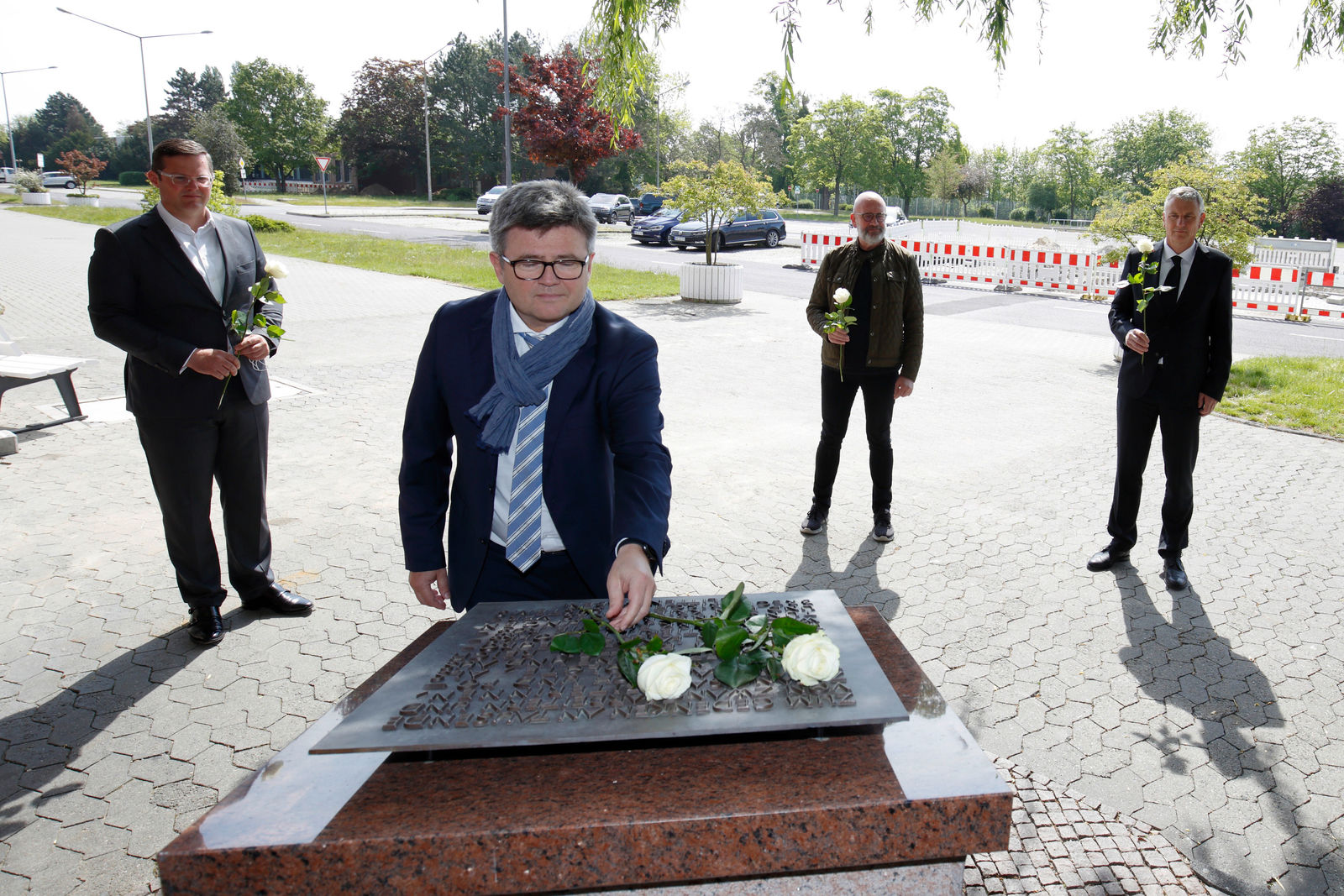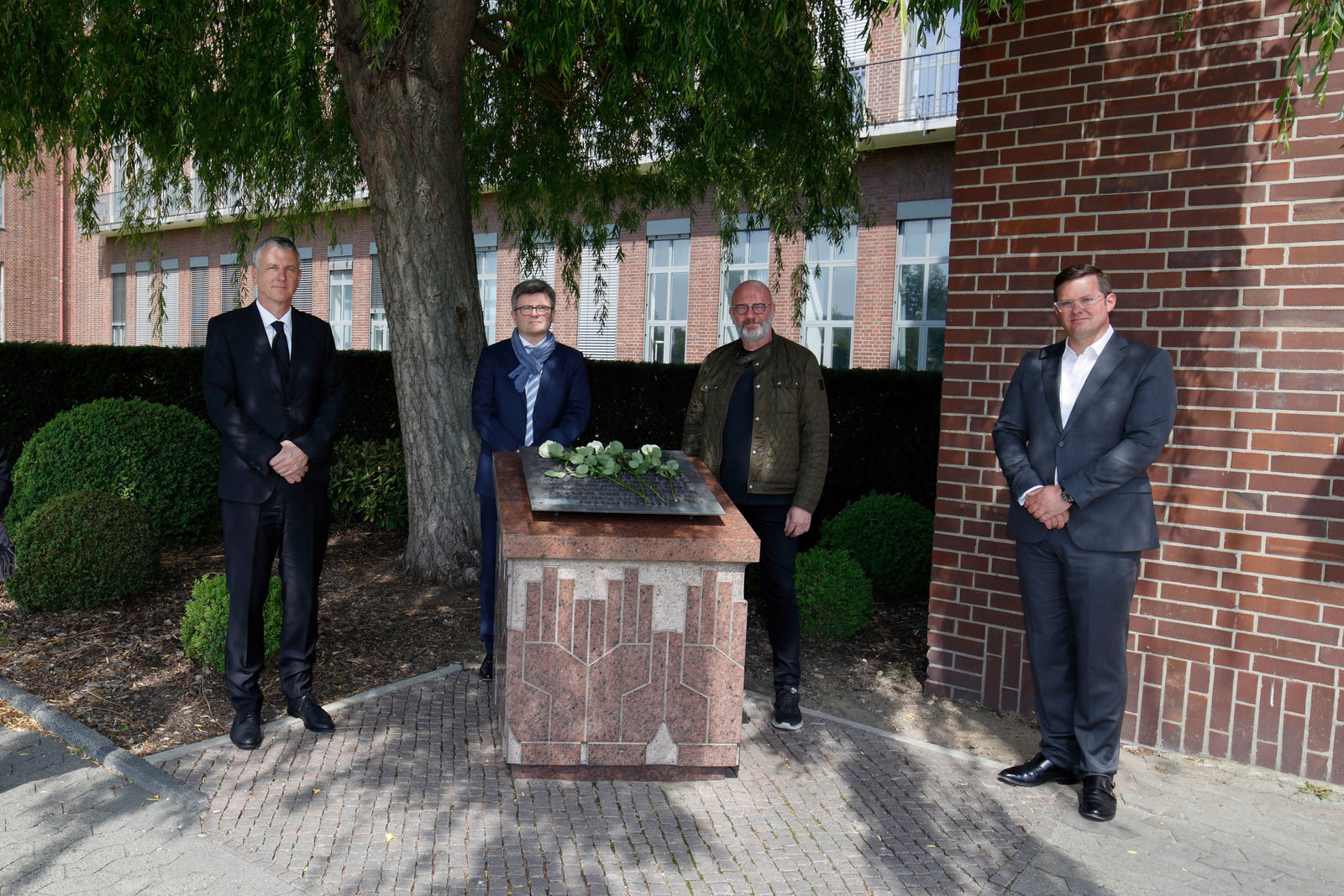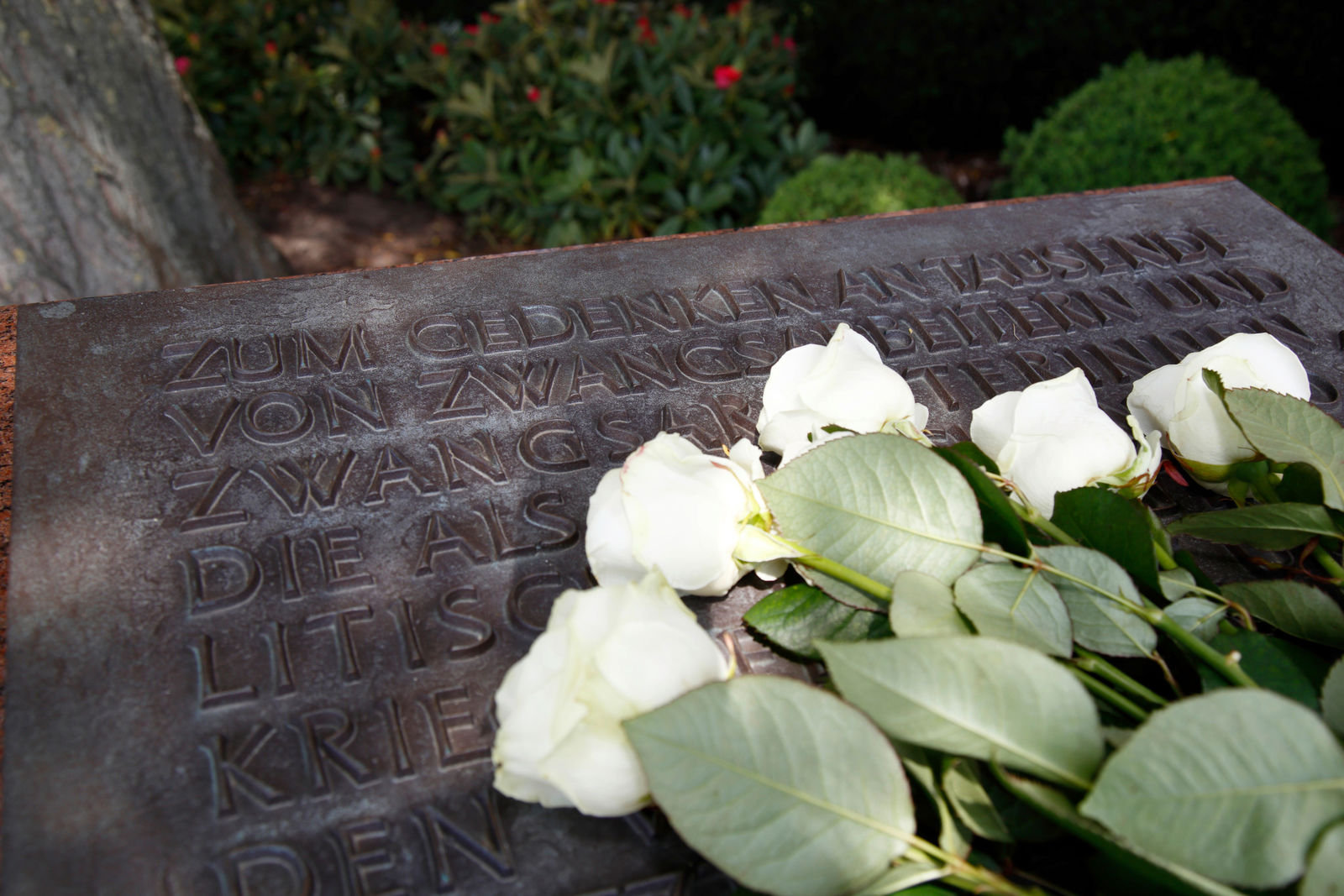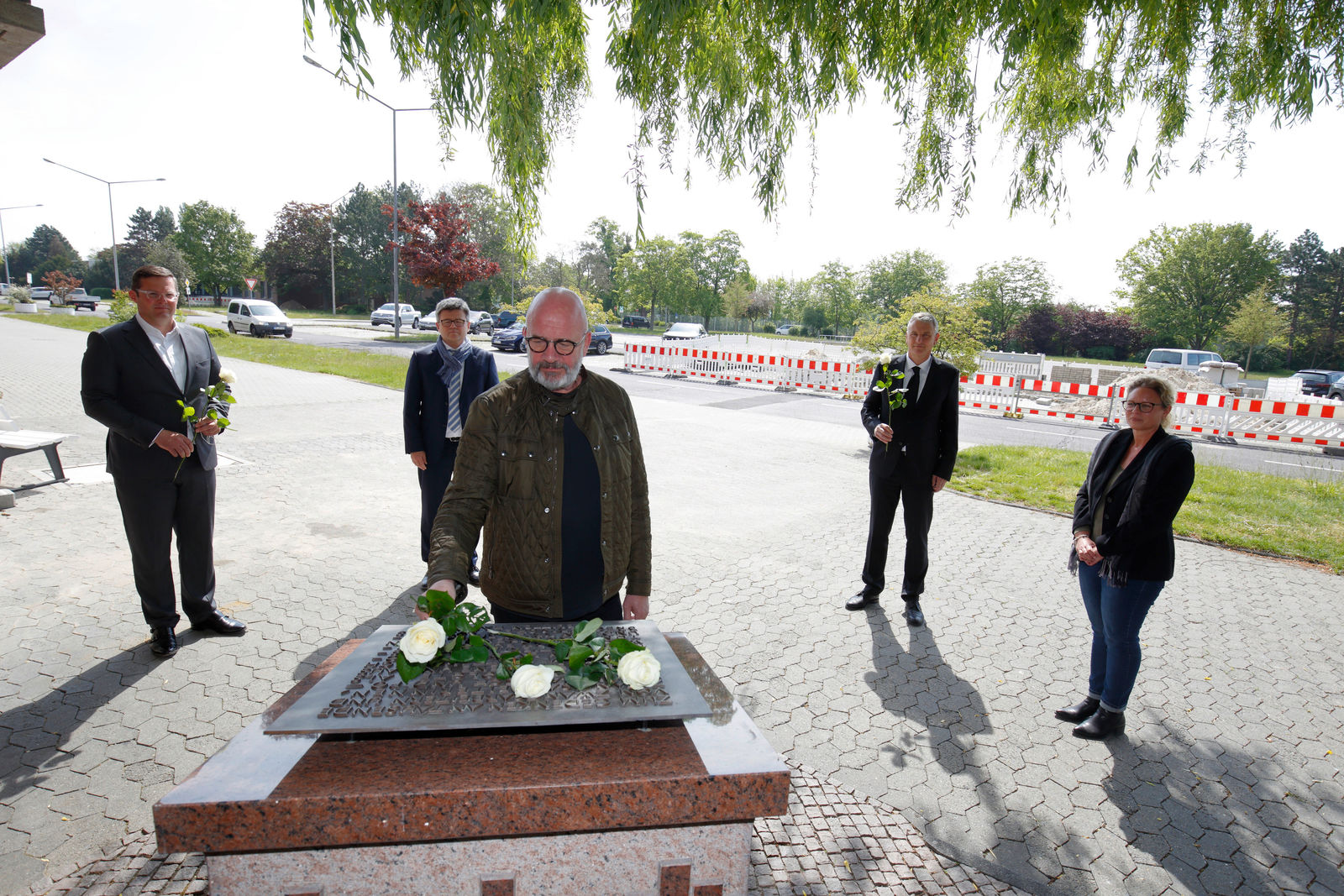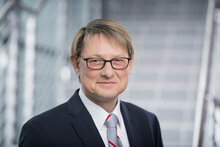Osterloh said: “For me, May 8, 1945 not only marks the end of the unjust National Socialist regime but also the beginning of a new mindset with aspirations for durable peace and a united Europe.” Osterloh warned: “75 years later, it is just as worthwhile to stand up for these values. We cannot take European unity and peaceful coexistence for granted to the extent that we had long thought possible.”
Meiswinkel emphasized: “The employees of Volkswagen are putting united, tolerant Europe into practice at the many Volkswagen plants. They succeed in these efforts because this culture of remembrance is a key element in Volkswagen’s corporate culture.”
Slightly less than five weeks before the end of the Second World War in Europe, US troops had liberated the Volkswagen plant and the “Stadt des KdF-Wagens”, which later became Wolfsburg, from Nazi rule on April 11, 1945. At the time, there were about 7,700 forced laborers at the plant. From 1942 to 1945, about 20,000 women and men, including around 5,000 concentration camp inmates, had been forced to produce armaments at Volkswagenwerk GmbH.
